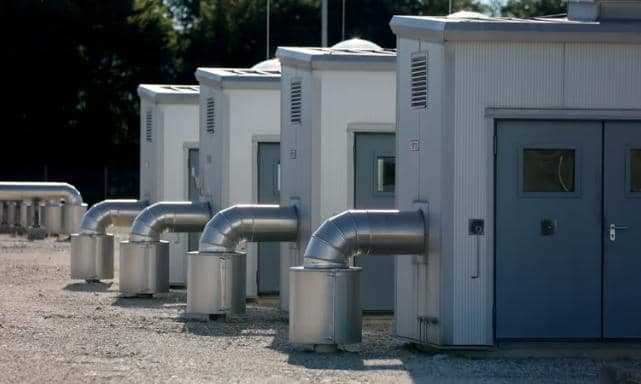
Zim Now Writer
Russia’s state-controlled natural gas giant Gazprom is set to suspend gas deliveries to Austria this weekend, Austrian energy company OMV confirmed on Friday.
Despite this development, Austrian Chancellor Karl Nehammer assured citizens that the country has secured alternative fuel supplies to prevent energy shortages during winter.
The suspension comes after OMV announced it would cease payments for Gazprom gas to its Austrian subsidiary. This decision follows a €230 million arbitration award OMV won over an earlier gas supply cutoff to its German branch. News of the impending halt caused a surge in gas prices, reflecting market concerns over energy security.
It remains uncertain if Gazprom has followed through on the supply cutoff, as conflicting reports emerged on Saturday. While Euronews highlighted the uncertainty, Bloomberg reported that Gazprom continues to supply gas to Europe via Ukraine at normal levels.
Related Stories
Chancellor Nehammer emphasised that no household would face a heating crisis this winter, stating, “No one will freeze this winter, no home will be cold.”
Russia drastically reduced its gas exports to Europe in 2022, citing disputes over payments in rubles. EU leaders, however, condemned the move as “energy blackmail,” accusing Russia of leveraging energy supplies in retaliation for European support of Ukraine. The cuts led to skyrocketing gas prices and record inflation across the continent, which has since begun to stabilise
European countries rushed to secure alternative energy sources following the cuts. However, Austria, Slovakia, and Hungary still rely on Russian gas transported via Ukraine. Ukraine has announced it will not renew its gas transit agreement with Gazprom beyond January 2025, aiming to cut off a key revenue source that Kyiv claims funds Russia’s war efforts. This decision adds urgency for these nations to diversify their energy supplies.
Austria, which remains heavily dependent on Russian gas, has been working to reduce its reliance. Last December, the country’s Russian gas dependency reached a staggering 98%. In February, Austria unveiled plans to phase out Russian gas gradually, compelling domestic energy firms to end long-term contracts with Moscow and explore alternative supply options.
Meanwhile, German Chancellor Olaf Scholz held a rare phone conversation with Russian President Vladimir Putin on Friday, marking their first direct communication in nearly two years.
The unfolding energy dynamics highlight Europe’s ongoing struggle to secure energy independence while managing the broader geopolitical fallout of the Russia-Ukraine conflict.











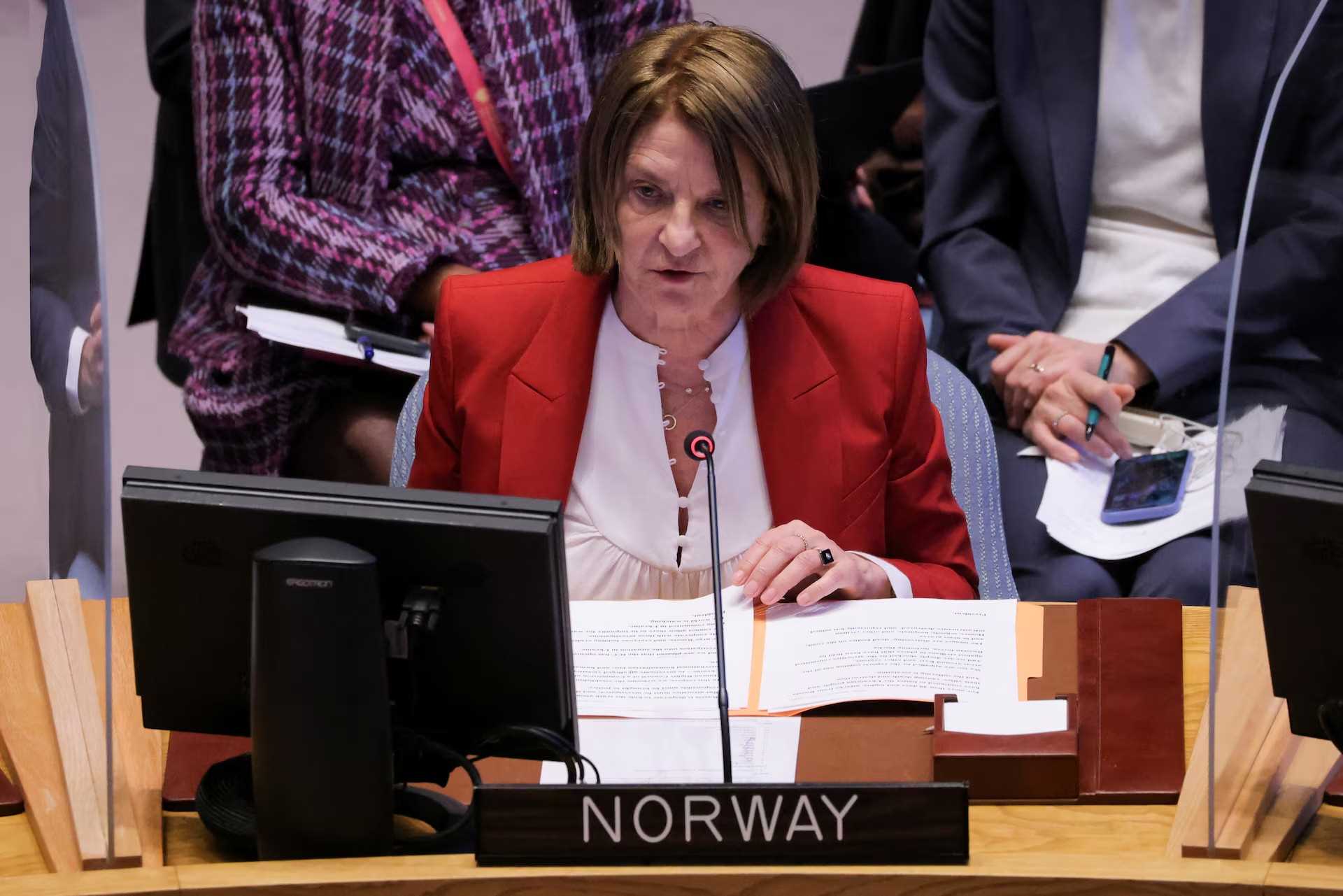
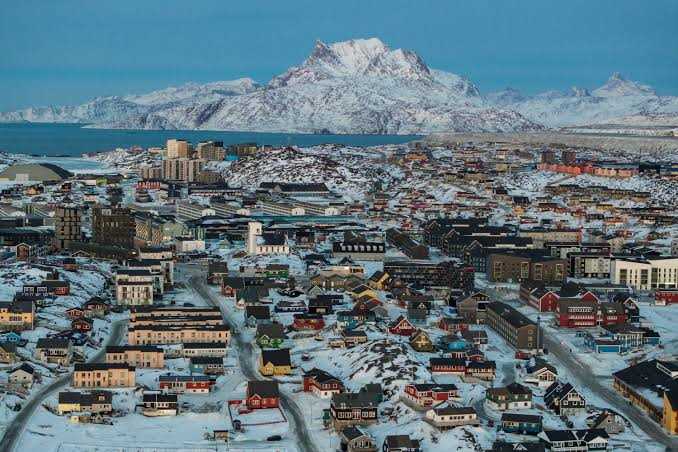

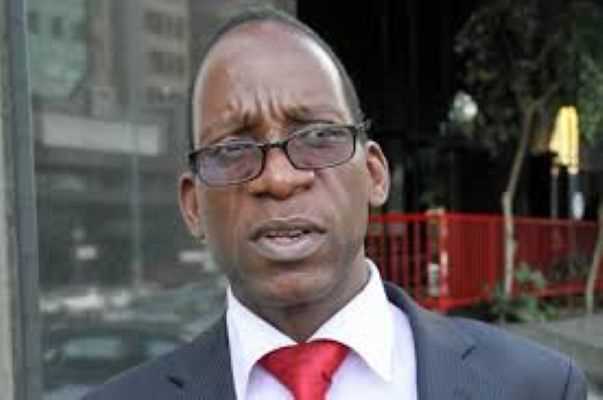
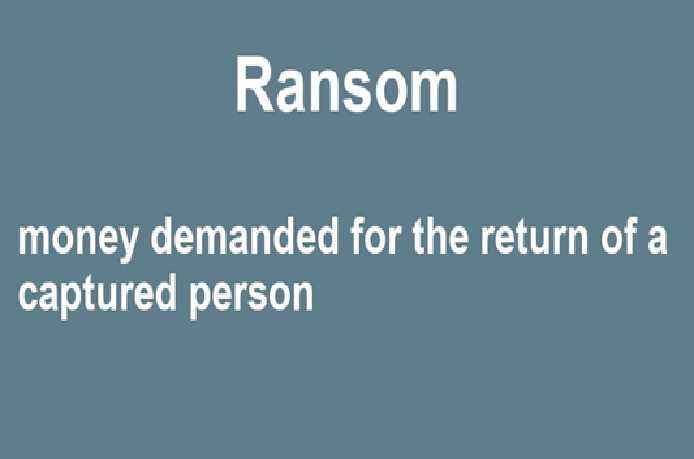




Leave Comments